Seoul, Dec 27 (V7N) — Less than two weeks after the impeachment of President Yoon Suk-yeol, South Korea’s parliament has voted to impeach Acting President Han Dak-soo, plunging the country further into a deep constitutional crisis.
The motion to impeach Han was passed on Friday with 192 votes in favour, well above the 151 required. Han, who has served as South Korea’s prime minister since May 2022, took over as acting president earlier this month following President Yoon’s impeachment on December 3 after a failed attempt to impose martial law.
The impeachment of Han marks the first time in South Korea’s history that an acting president has been removed from office. Opposition lawmakers accused him of obstructing efforts to address the crisis stemming from Yoon’s impeachment, including his refusal to complete the impeachment process and appoint judges to the Constitutional Court.
The current deadlock revolves around the Constitutional Court, which is tasked with deciding the validity of President Yoon’s impeachment. The court is short of three judges, and Acting President Han had resisted opposition calls to fill these vacancies, arguing that it could affect the impartiality of the process.
Without the full nine-member bench, the court’s decision could be swayed by a single dissenting vote, potentially reinstating Yoon. The opposition argued that Han’s refusal to appoint judges undermined the judicial process and violated his constitutional duties.
The opposition accused Han of avoiding a special investigation to identify those involved in Yoon’s alleged coup attempt. They also claimed his actions jeopardized the rule of law and public trust.
"Han Dak-soo’s refusal to act has brought the country to a standstill," an opposition lawmaker said during the impeachment proceedings. "This is a violation of his duty to serve the people and uphold the Constitution."
The dual impeachment of Yoon and Han leaves South Korea in uncharted territory. The country now faces a leadership vacuum as it grapples with political instability.
A new acting president will need to be appointed, and the Constitutional Court must urgently address the growing backlog of cases, including Yoon’s impeachment trial.
Political analysts warn that the crisis could weaken South Korea’s governance at a critical time, with economic challenges and regional security concerns requiring immediate attention.
As the nation waits for the Constitutional Court’s decision, South Korea remains in a state of uncertainty, with its political future hanging in the balance.
END/MSS/AJ



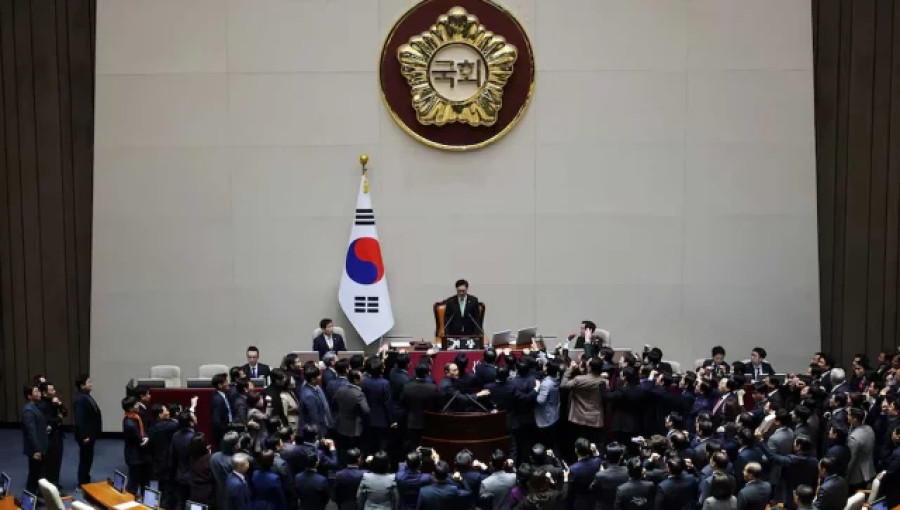
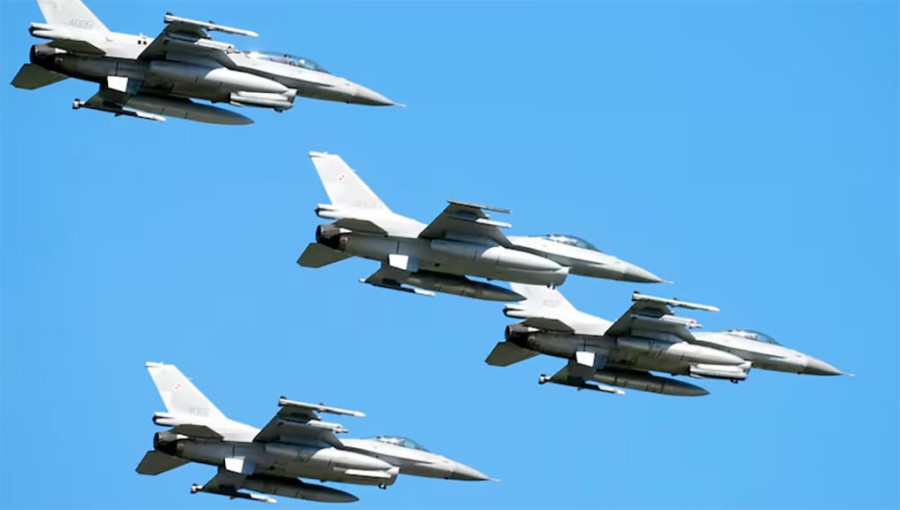
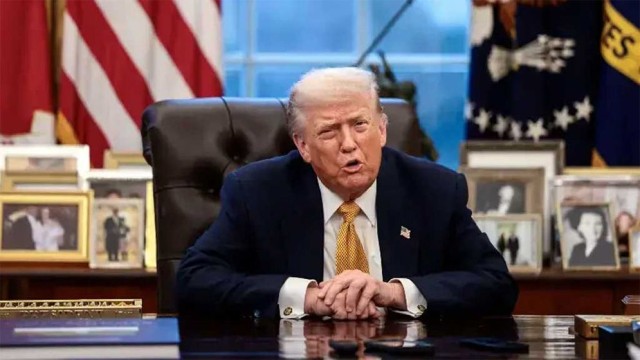



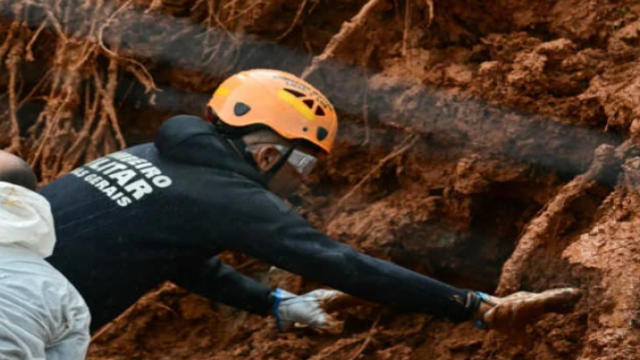



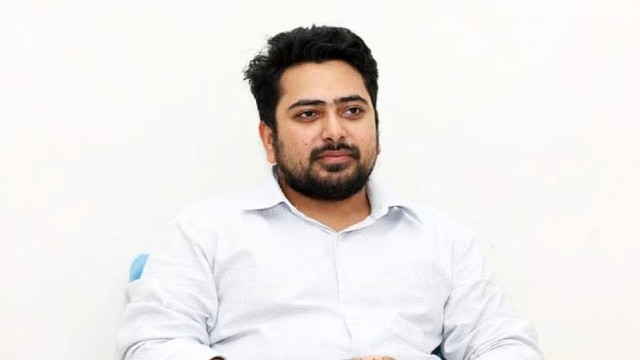

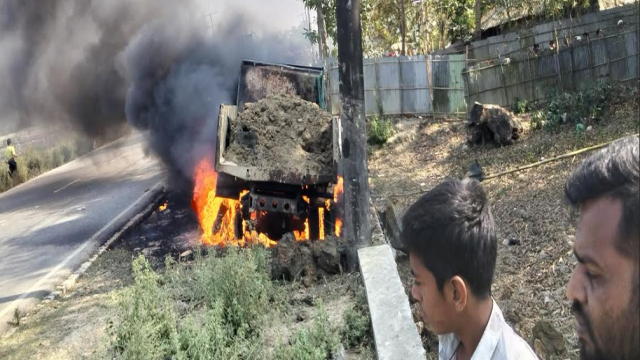
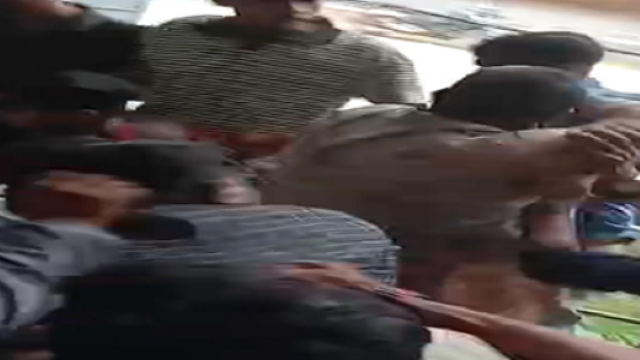
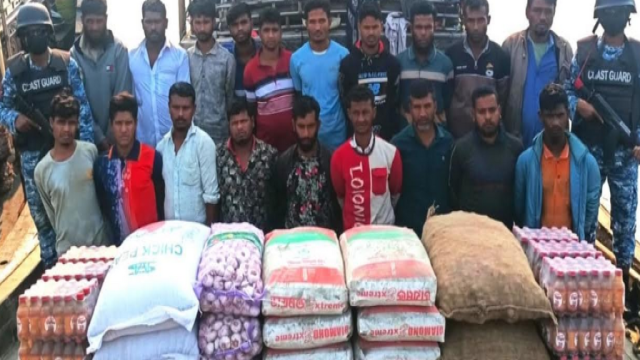






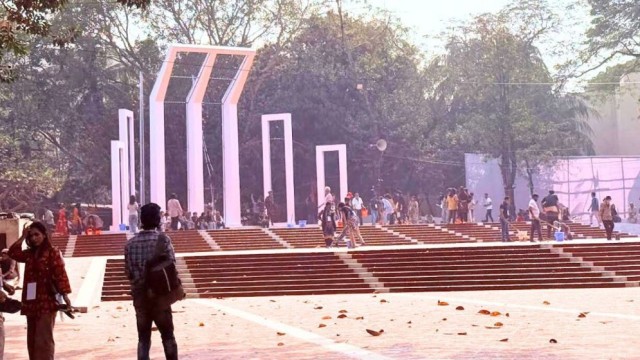

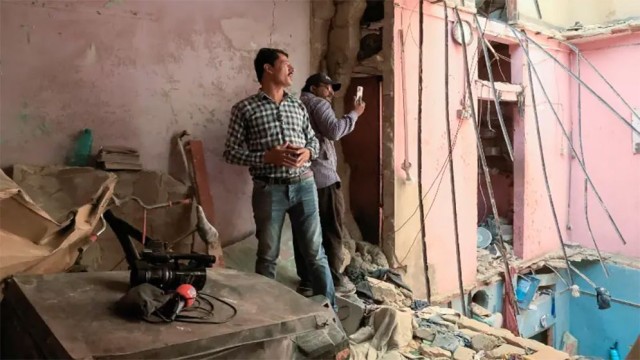

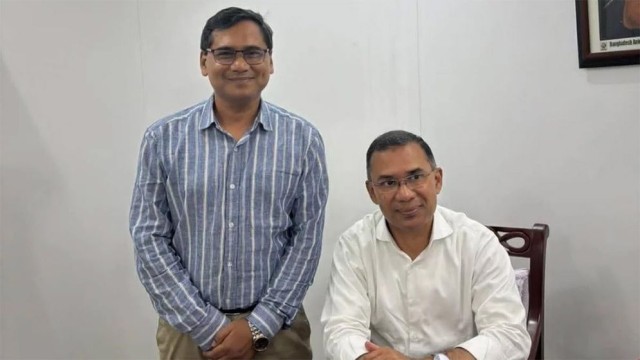

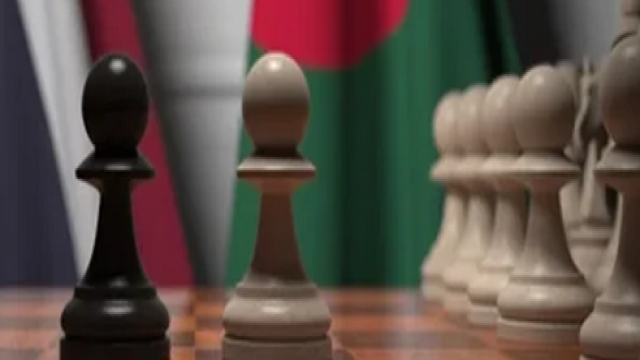
Comment: